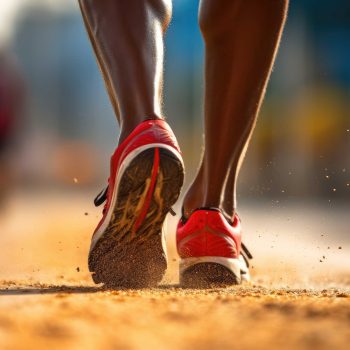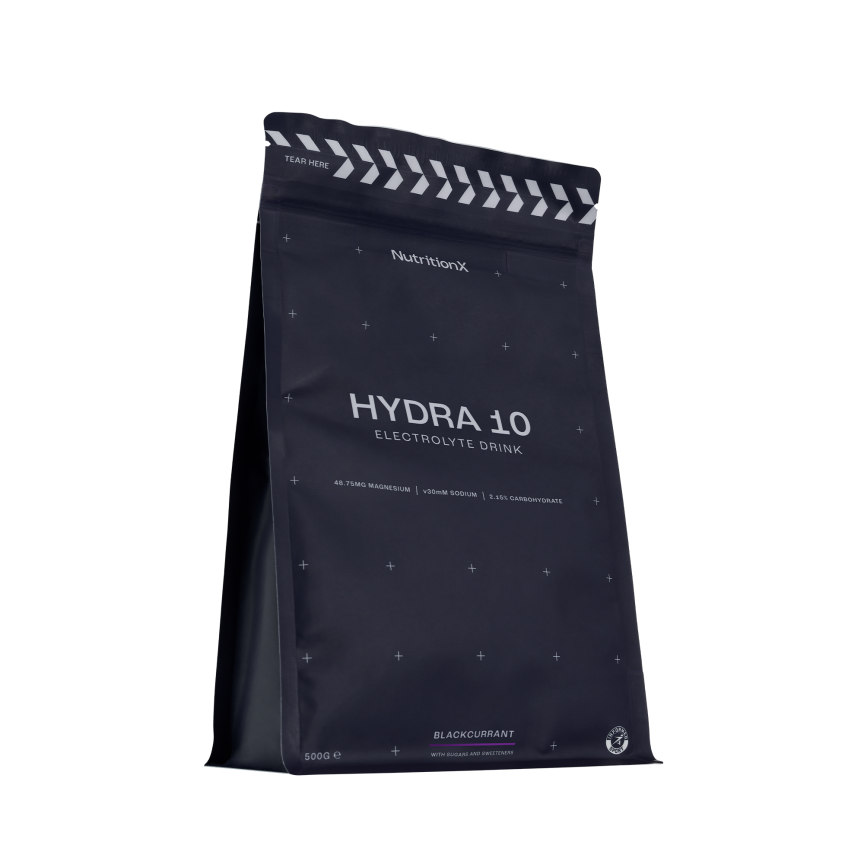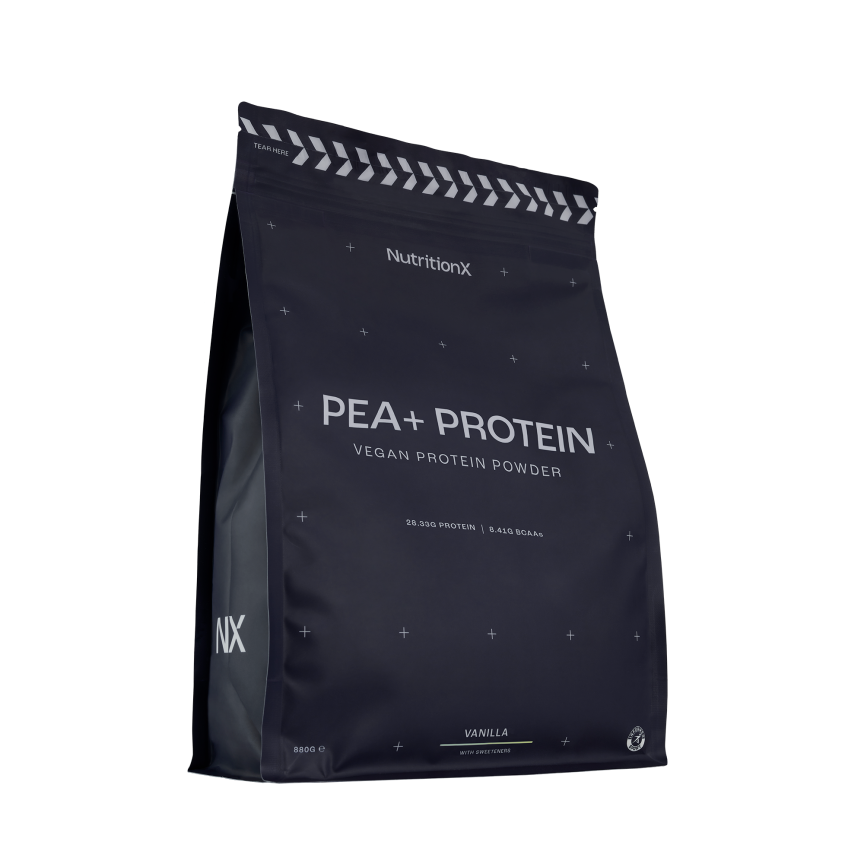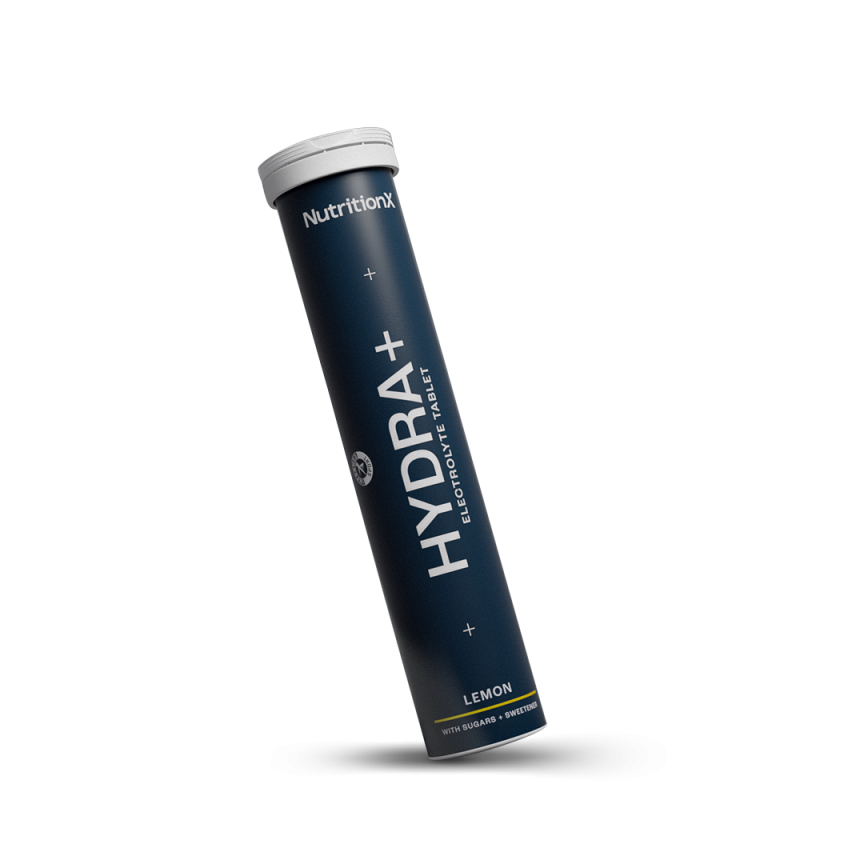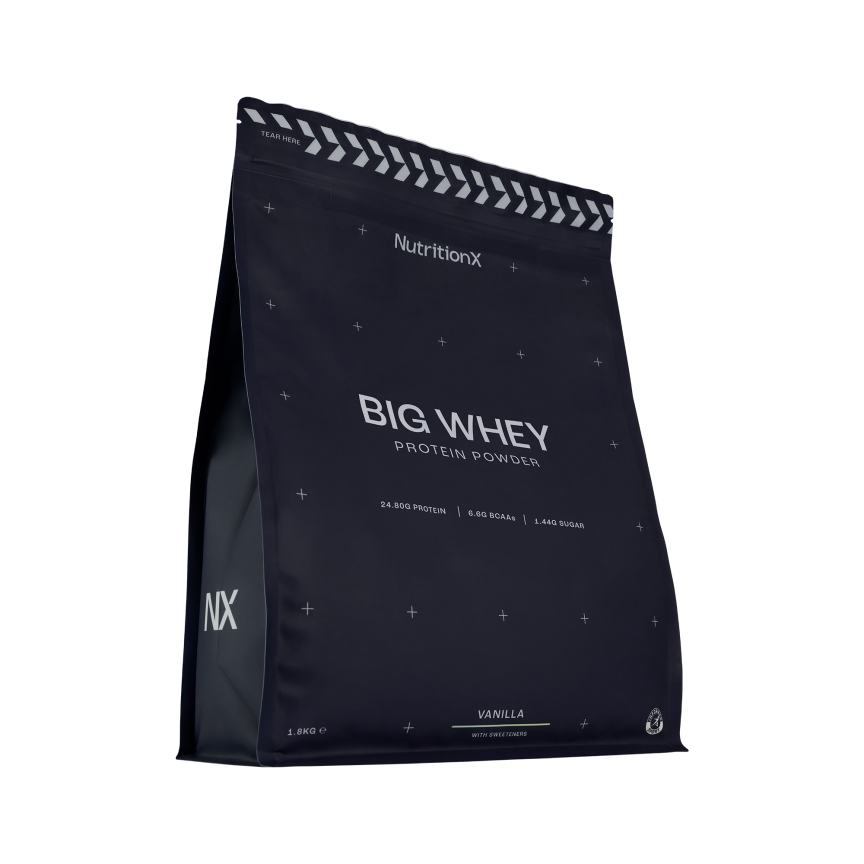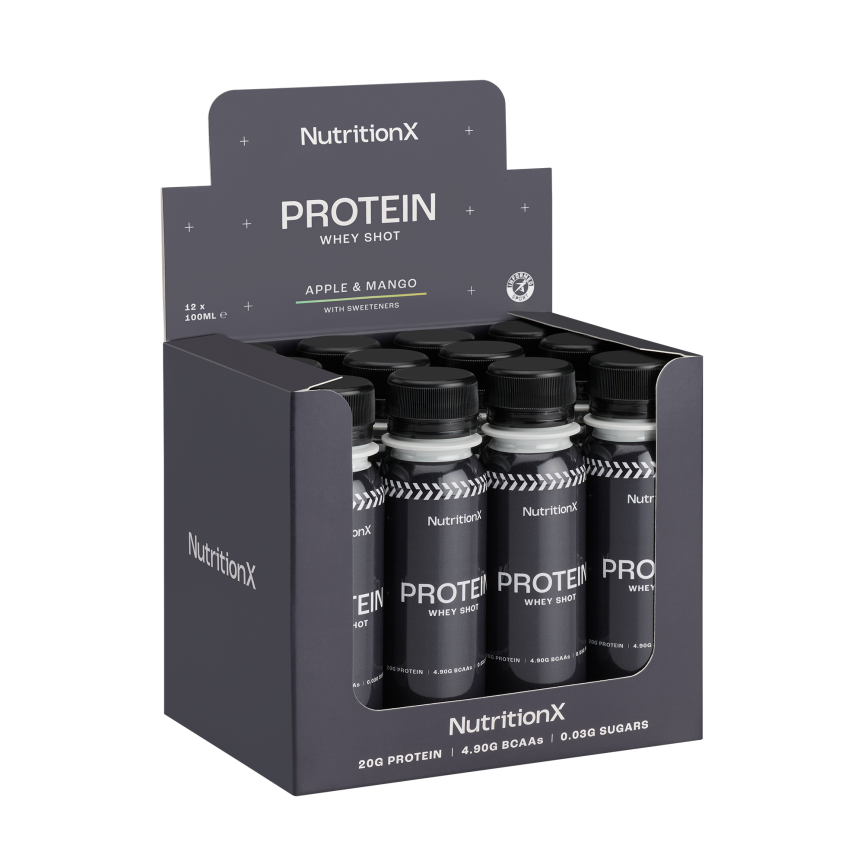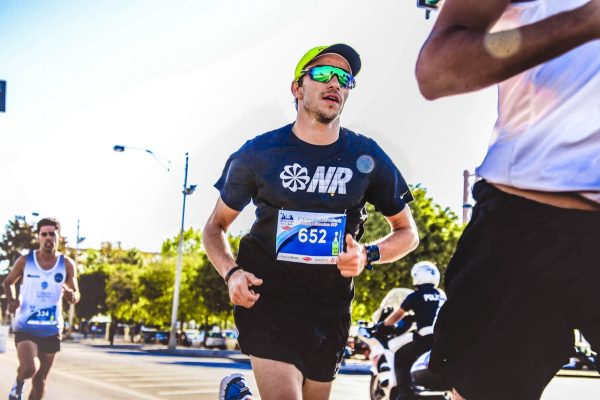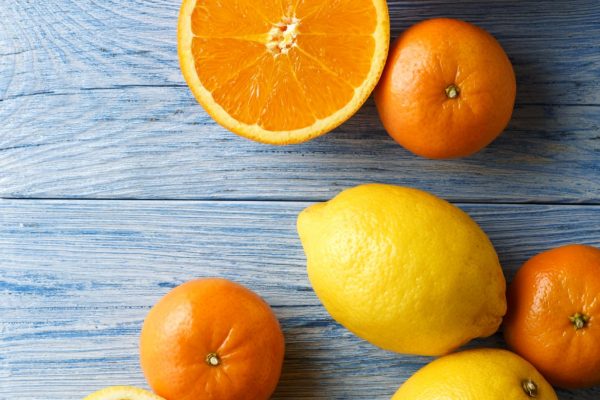If you are looking to increase performance and hit your goals in 2024, then looking at effective changes to your nutrition and diet can be a great place to start. However, with a lot of noise to wade through online, it can be hard to filter through what is useful information and what may, in fact, be detrimental to performance.
To help you kick off the new year in the right way when it comes to hitting your nutrition and performance goals, we’ve picked the brains of our in-house nutritionist, Owen Woodley, letting you know what’s in and what’s out this year…
Out for 2024:
This year, forget some of the so-say ‘popular’ nutrition trends that may facilitate fast and easy weight loss, but may not be useful for long-term results, overall health or performance. Typically, these include eliminating entire food groups or – ultimately- providing inadequate nutrition for your body’s needs.
When it comes to ‘trends’, you can almost guarantee there will be a lack of scientific evidence to support them too, and generally they do not support health or performance. These include:
- Crash dieting
- Keto diet
- Detoxing
- Intermittent-fasting
- Juice diet
- Alkaline diet
- Atkins diet
- Paleo diet
- Low-fat diet
- Low-calorie diet
Instead of turning to any of these fad diets this year, we would recommend employing some of the following strategies to really help support good health, adequate nutrition and – in turn – optimal performance:
Carbohydrates matched to training demands
Also known as carbohydrate periodisation, matching your carbohydrate intake to your training regime simply means increasing or decreasing your carbohydrate load depending on your training demands. For example, high intensity sessions would require more carbohydrates in a given day, and light sessions would require fewer in a 24 hour period. By doing so, you are able to maintain performance whilst being mindful of aesthetic goals, such as body composition.
30-40g of high-quality protein every 3 hours
Protein is probably best known for its importance in muscle protein synthesis (muscle building), however, as a nutrient it’s needed for more than just muscle. In fact, protein is needed for every cell in your body to function correctly, making it a vital part of any nutrition strategy.
Athletes and individuals with higher training volumes often require higher intakes of protein to meet their training demands. For example, the recommended daily intake of protein for the general population is 0.8g/kg/bm, whereas the recommendation for athletes is 1.6-2.2g/kg/bm.
Aiming for 30-40g of high-quality protein every 2-3 hours will support consistent muscle protein synthesis, supporting maximum muscle repair and growth – key for those looking to increase lean muscle mass and build strength in 2024.
Our advice is to always aim to achieve your protein goals through food in the primary instance (you can check out our food-first recipes here >). However, we also understand that this is not always possible. That’s why we offer a range of scientifically formulated, quality and 100% Informed-Sport Certified protein supplements, that perfectly support your food-first diet.
One piece of fruit or veg from every colour of the rainbow
Micronutrients are vitamins and minerals and are essential for immune health. An easy way to increase micronutrient intake is to ‘eat the rainbow’ by consuming a wide range of coloured fruit and veg. Below is a great example of where you can get some of your micronutrients from:

2.5L of water per day + 500ml for every hour of exercise
Hydration is a vital component of health and performance. Water represents around 50% to 70% of the body’s total mass, so consuming enough water is essential. Not many people are aware that a 2% reduction in bodyweight via water loss can reduce physical and cognitive performance by up to 20% - so what does that mean for our output if we train dehydrated? We recommend consuming around 30-35ml/kg/bm per day, plus 500ml for every hour of exercise should allow for adequate hydration.
When we exercise, we also lose key electrolytes such as sodium and magnesium through sweat. Although electrolytes do not contain energy, they are essential for sending electrical impulses to the nerves and muscles, including contracting and relaxing the muscle. Continued performance requires electrolytes to be replaced through drink or food post exercise. Our Hydra 10 and Hydra+ are an ideal rehydration product as they posses the key electrolytes needed following exercise.



